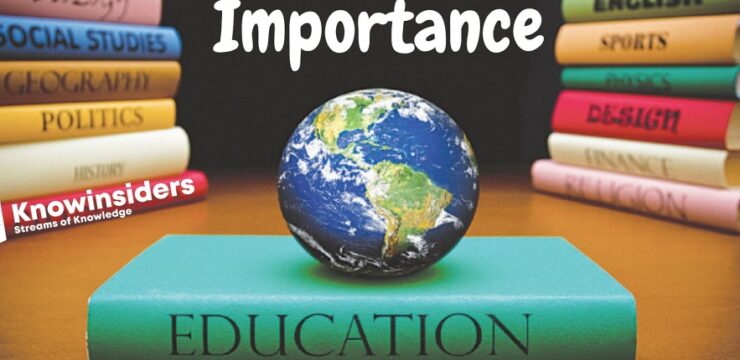In a rapidly evolving world dominated by technology and data, the value of a liberal arts education is often questioned. Yet, the liberal arts — encompassing humanities, social sciences, and natural sciences — remain as relevant as ever. These disciplines not only cultivate critical thinking, creativity, and communication, but also prepare individuals to adapt and thrive in diverse professional landscapes.
What Are the Liberal Arts?
The liberal arts traditionally include subjects such as literature, philosophy, history, sociology, psychology, mathematics, and the natural sciences. The aim is to provide a broad educational foundation that emphasizes intellectual curiosity, analytical thinking, and ethical reasoning over narrow technical training.
Versatility in the Job Market
Contrary to the myth that liberal arts degrees lack career value, many employers actively seek graduates with strong soft skills — communication, problem-solving, teamwork, and adaptability — all hallmarks of a liberal arts education. These competencies are vital across industries, from education and media to technology and business.
For example, a philosophy graduate may excel in legal reasoning, while a history major can bring contextual awareness and research skills to a marketing or public policy role.
Fostering Innovation and Ethics
With increasing concerns about artificial intelligence, climate change, and social equity, the world needs not only technical expertise but also ethical frameworks and human-centered solutions. Liberal arts graduates often bring the perspective needed to ask the right questions, consider broader implications, and bridge gaps between technical innovation and social impact.
Interdisciplinary Collaboration
Today’s challenges are rarely confined to a single field. A public health crisis, for instance, involves biology, psychology, communications, ethics, and public policy. Liberal arts programs promote interdisciplinary thinking — a critical asset in solving complex, real-world problems.
A Lifelong Foundation
Liberal arts education encourages lifelong learning. Graduates are not only prepared for their first job but are equipped with the cognitive flexibility to transition across careers, adapt to new industries, and respond to emerging societal needs.
Conclusion
While STEM (Science, Technology, Engineering, and Mathematics) fields often dominate the spotlight, the liberal arts continue to play a vital role in shaping thoughtful, capable, and ethical global citizens. Far from being obsolete, the liberal arts are essential in fostering the kind of well-rounded individuals the modern world requires.






